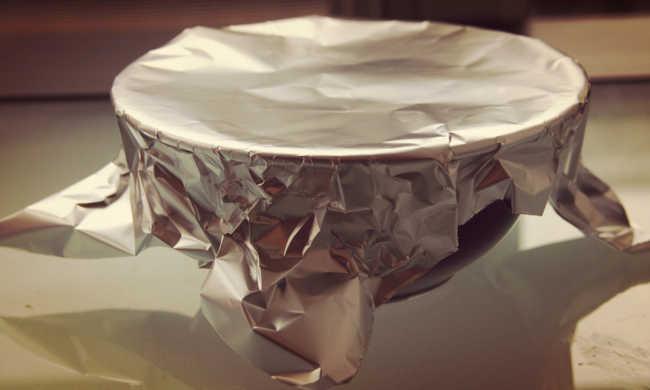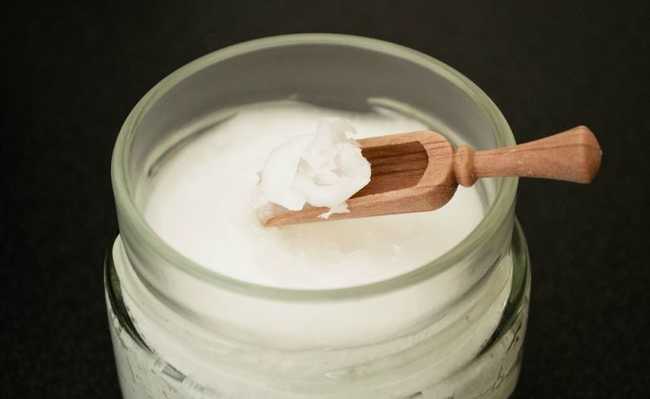Does a man have PMS?
Men have hormonal variations that cause PMS-like symptoms in women

Ben White image available on Unsplash
Does a man have PMS? This is a very frequent question. But, although it is impossible for a man to have PMS (Premenstrual Syndrome), in the literal sense of the acronym - even because they do not have a uterus -, men have hormonal variations that cause symptoms similar to those of PMS in women.
- What is the menstrual cycle?
Every day, a man's testosterone levels rise in the morning and fall at night - indicators can also vary from day to day. These hormonal fluctuations can cause symptoms such as depression, fatigue and mood swings.
But are these monthly hormonal fluctuations regular enough to be called “male PMS”? According to psychotherapist Jed Diamond, yes, because the man has what he called "Irritable Man Syndrome (IHS)", characterized by hormonal cycles like those of women.
In contrast, sex therapist Janet Brito says that hormonal changes in men cannot be compared to those in women, which prepare the female body for a possible conception. However, it confirms that testosterone levels in men can vary, and some factors can influence these changes, generating symptoms that may share similarities with PMS symptoms.
What Causes Male PMS?
PMS in men, or better said, Irritable Man Syndrome (IHS), is the result of an oscillation of testosterone, which usually happens in cases such as:
- Age (men's testosterone levels start to decrease from 30 years old)
- Stress
- Changes in diet or weight
- Illness
- sleep deprivation
- Eating disorders
- What can sleep deprivation cause?
These factors can also affect a man's psychological well-being.
What are the symptoms of irritable man syndrome?
The symptoms of HIS mimic some of the symptoms that women experience during PMS. However, PMS in men does not follow any physiological pattern (as does female PMS, which follows their reproductive cycle), as there is no hormonal basis for HIS. This means that these symptoms may not occur regularly and there may not be a pattern between them.
The symptoms of HIS are vague, but they are usually:
- Fatigue;
- mental confusion or cloudiness;
- Depression;
- Anger;
- Low self esteem;
- Low libido;
- Anxiety;
- Hypersensitivity.
- Home-style and natural anxiety remedies
If you're experiencing these symptoms, there's probably something else going on. Some of these symptoms may be the result of testosterone deficiency. Although these levels fluctuate naturally, very low levels can cause problems, including:
- Low libido;
- Behavior and mood problems;
- Depression.
- Foods that help treat depression
- Post-Sex Depression: Have You Heard?
If these symptoms persist, seek medical help. This is a diagnosable condition and can be treated.
Likewise, middle-aged men may experience these symptoms when their natural testosterone levels begin to drop. This condition, called andropause, is sometimes referred to as male menopause.
- Menopause: symptoms, effects and causes
Lifestyle changes can help
PMS in men is not a recognized medical diagnosis, so the "treatment" aims to:
- Manage symptoms;
- Adapting to emotions and mood swings as they occur;
- Find ways to relieve stress.
Exercising, maintaining a healthy diet, finding ways to relieve stress, and avoiding alcohol and smoking can all help prevent male PMS symptoms from appearing.
However, if you believe your symptoms may be a result of low testosterone, see your doctor. Testosterone replacement may be an option for some men with low hormone levels, albeit with risks.
If your doctor suspects another underlying cause, he or she can schedule tests and procedures to help rule out other diagnoses.
Persistent mood swings are not normal
Bad days that disrupt your routine are different from depression. Persistent emotional or physical symptoms are a possible indication that you should see your doctor.










